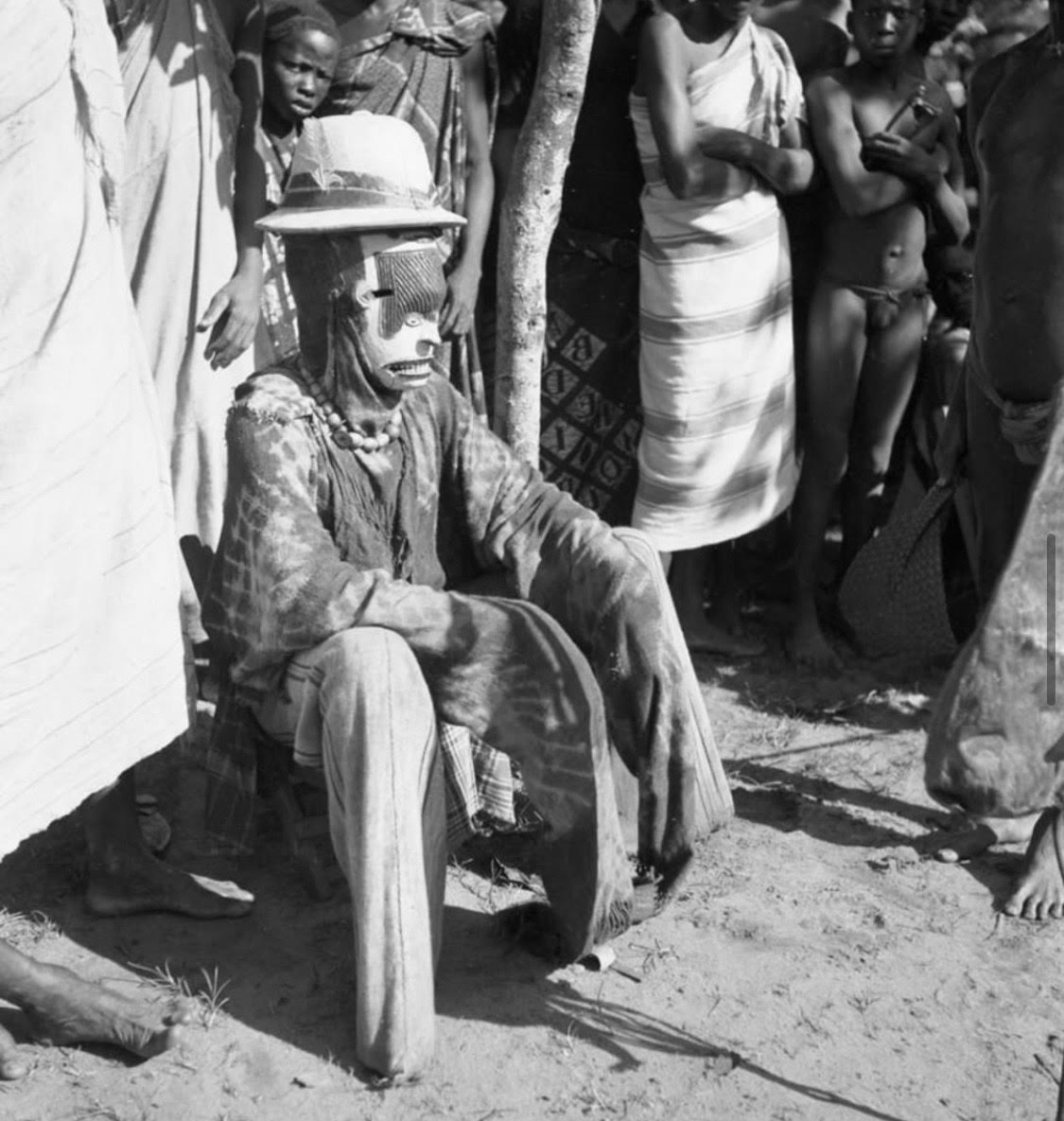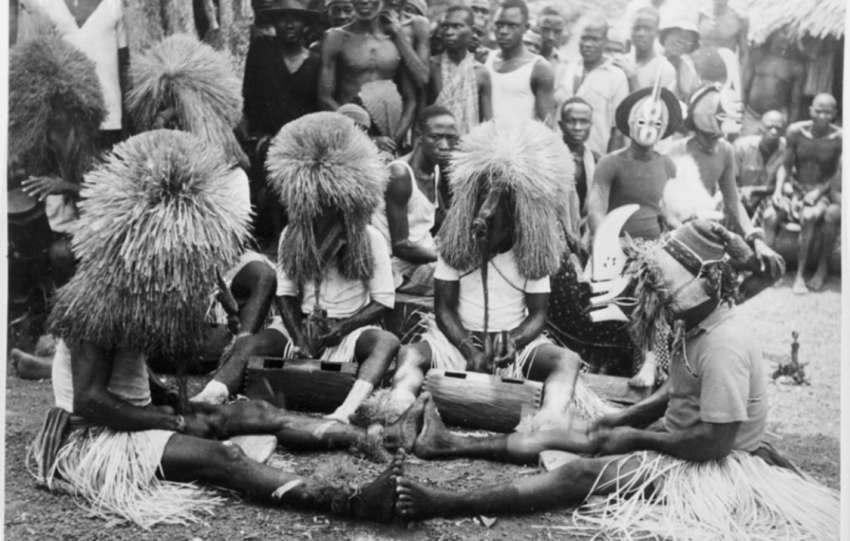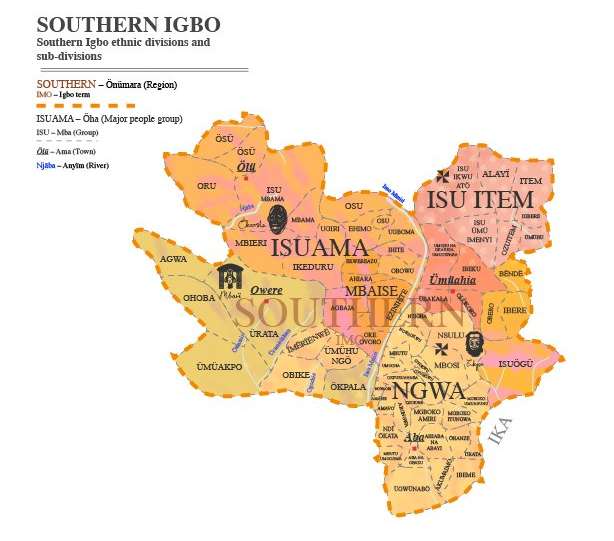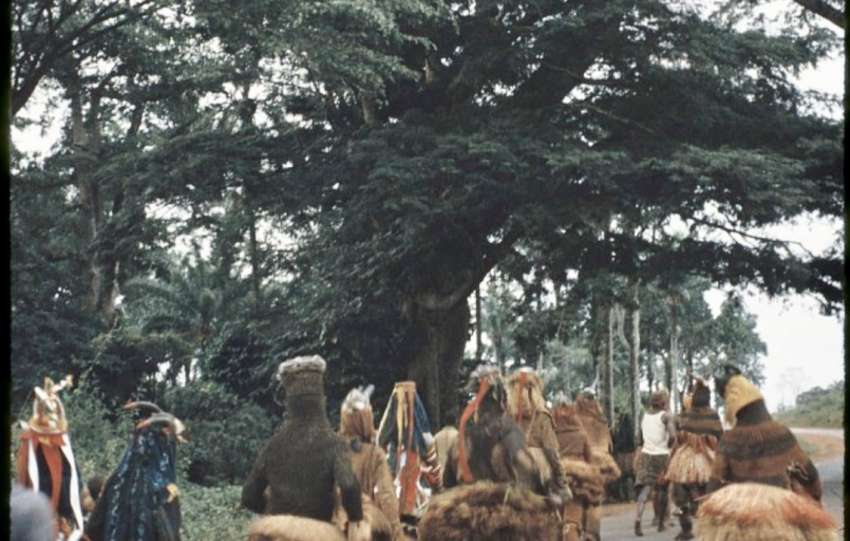
The “Ogaranya masquerade” in Igboland symbolises wealth, power, and prestige, often associated with the aristocratic class in traditional Igbo society. “Ogaranya” itself translates to “wealthy person” or “noble” in the Igbo language. This masquerade is not just a form of entertainment. Still, it serves as a cultural expression of status and societal respect for individuals who have amassed wealth or achieved high social standing.
The Ogaranya masquerade is usually performed during important festivals, such as “Iri ji/Iwa ji (new yam festival), Ofala festival,” or other ceremonies marking significant transitions in life, such as funerals of important individuals or community leaders. The costume is often elaborate, with rich fabrics and intricate designs, reflecting the wealth of the person it symbolizes.
Historically, this masquerade would have only been performed by members of the elite or noble class, often those who had undergone the title-taking process, such as the “Ozo title” in Igbo culture. It embodies dignity and respect, and its appearance in any event would command reverence from the community.
Its movements are often slow, deliberate, and majestic, with the masquerader interacting with the audience in ways that reflect the magnanimity and authority of a wealthy individual. Sometimes, the masquerade might be accompanied by songs that praise the achievements of the wealthy, or dancers that celebrate the success and generosity of the Ogaranya.
The Ogaranya masquerade is a reminder of the role of wealth, success, and social leadership in Aligbo and how these aspects are celebrated through cultural performances in Igbo society.
Reference:
Igbo Culture and Tradition – G. I. Jones (1974)
The Ogaranya Masquerade in Igbo Land – Uche Okeke (1985)
Masquerades of Igbo Land by M. C. Mbagwu (2007)




